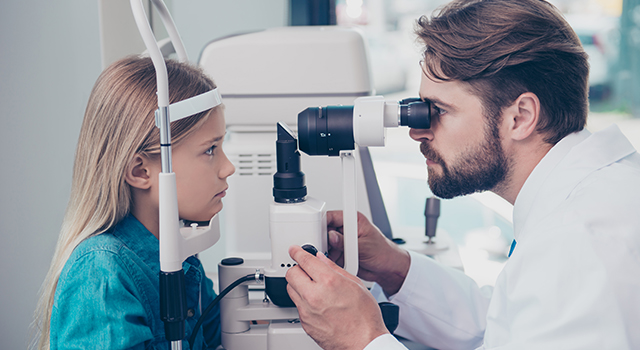
When neurological conditions affect vision, it can significantly impact quality of life. Neuro-optometry specializes in addressing these issues, helping patients regain essential visual functions through targeted therapies. Let’s explore what neuro-optometry is, how it works, and the life-changing benefits it offers.
What Is Neuro-Optometry?
Neuro-optometry is a specialized branch of optometry focused on the relationship between the visual system and the brain. Neuro-optometrists evaluate and treat vision dysfunctions caused by neurological conditions, such as:
- Traumatic brain injuries (TBI)
- Strokes
- Concussions
These conditions can disrupt visual processing, leading to symptoms that require expert care. By conducting comprehensive assessments, neuro-optometrists design personalized rehabilitation programs to help patients regain visual function.
How Neurological Conditions Impact Vision
Vision problems are common after neurological events. For example, studies show that up to 90% of TBI patients experience some form of vision disruption. Conditions like strokes and concussions can also lead to:
- Double vision
- Blurred vision
- Eye-tracking difficulties
- Visual field loss
- Sensitivity to light (photophobia)
These challenges can make everyday activities like reading, driving, or working more difficult. Early detection and treatment are essential to restoring function and preventing further complications.
Symptoms That May Require Neuro-Optometric Care
If you or a loved one experiences any of the following symptoms after a neurological event, it may be time to consult a neuro-optometrist:
- Persistent double vision or blurry vision
- Difficulty focusing or tracking objects
- Trouble coordinating eye movements
- Loss of peripheral vision
- Severe light sensitivity
Prompt intervention can make a significant difference in recovery outcomes.
What Is Neuro-Optometric Rehabilitation Therapy?
Neuro-optometric rehabilitation therapy is a targeted treatment designed to help patients regain visual skills lost due to neurological damage. These programs leverage neuroplasticity—the brain’s ability to adapt and rewire itself—to improve visual processing.
Treatment may include:
- Specialized eye exercises
- Prescription lenses or prisms
- Vision therapy tailored to specific needs
These therapies work together to restore essential visual functions, enabling patients to navigate their daily lives more comfortably and confidently.
Benefits of Neuro-Optometric Rehabilitation
The benefits of neuro-optometric rehabilitation extend far beyond improved vision. Patients often experience:
- Greater ease with daily tasks, such as reading and driving
- Improved focus and concentration
- Enhanced quality of life and independence
Many patients share stories of transformation after therapy, regaining the ability to enjoy life without the constant struggles caused by vision issues.
A Collaborative Approach to Recovery
Neuro-optometric rehabilitation doesn’t happen in isolation. It often involves collaboration with a team of healthcare professionals, including:
- Neurologists
- Physical therapists
- Occupational therapists
This interdisciplinary approach ensures comprehensive care, addressing both the visual and neurological needs of the patient.
Take the First Step Toward Better Vision
Neuro-optometry offers hope to those living with vision problems caused by neurological conditions. By addressing the root cause of visual dysfunctions, it empowers patients to reclaim their independence and improve their quality of life.
If you’re experiencing vision challenges due to a neurological event, don’t wait to seek help. Schedule a comprehensive neuro-optometric evaluation with The Solution Center in Westerville today. Our experienced team is here to guide you on the path to recovery.
